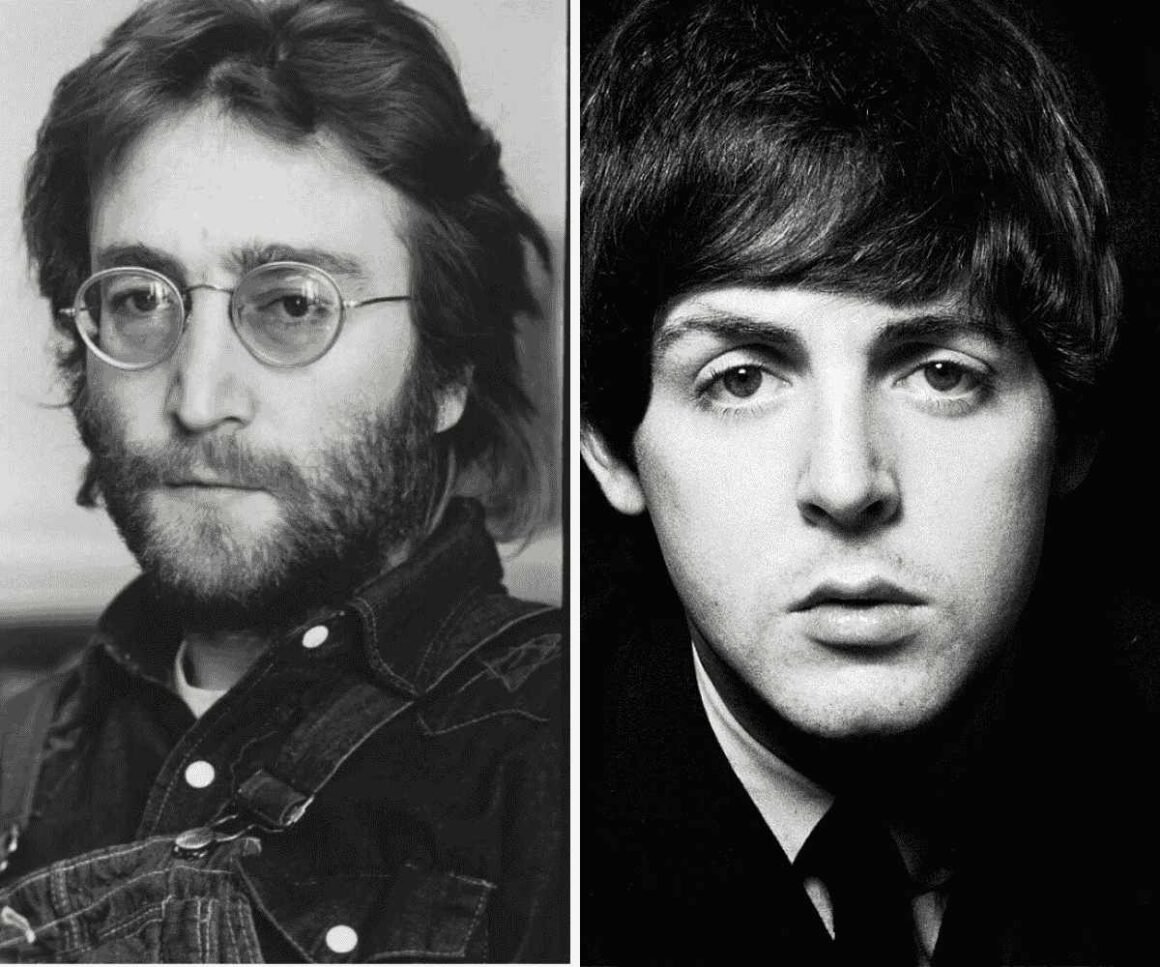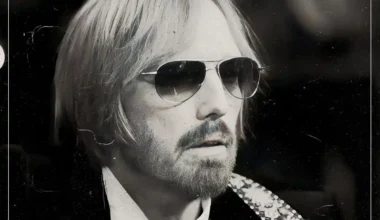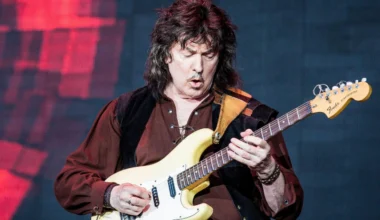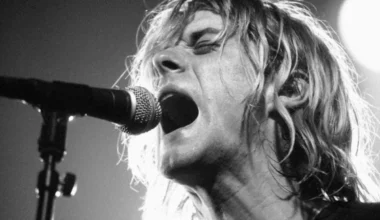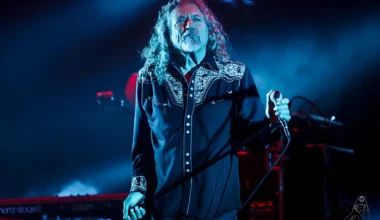When The Beatles officially disbanded in 1970, it wasn’t just the end of an era for music—it was the beginning of a bitter and public feud between two of its key members, John Lennon and Paul McCartney. While the world saw the band as a harmonious, unified force, tensions had long been building behind the scenes, ultimately leading to explosive conflict. Here’s a look at the key events that defined their post-breakup rivalry.
The Beatles’ Breakup and Immediate Tension
Though the breakup of The Beatles shocked the world, the seeds of tension between Lennon and McCartney had been sown long before. Their creative partnership, once a source of groundbreaking music, had begun to deteriorate in the late 1960s. By the time the band released Let It Be in 1970, McCartney had become frustrated with the disorganized sessions, often taking control, which only deepened the divide between him and Lennon.
Lennon, feeling sidelined, began openly criticizing McCartney, especially after the band’s breakup. In a 1971 interview with Rolling Stone, Lennon labeled McCartney’s early solo work as “muzak to my ears,” deriding it as shallow and commercial.
Musical Jabs: “Too Many People” and “How Do You Sleep?”
The tension quickly spilled into their solo music. McCartney’s song “Too Many People,” from his 1971 album Ram, included veiled criticisms of Lennon’s behavior and lifestyle. Though McCartney never directly mentioned Lennon, both musicians later acknowledged that the song was aimed at John.
Lennon didn’t take the jab lightly. He retaliated with the blistering track “How Do You Sleep?” on his Imagine album, directly attacking McCartney. With biting lyrics like, “The only thing you done was ‘Yesterday,’”.
Lennon belittled McCartney’s legacy, implying that his best work was behind him. The song remains one of the most scathing musical takedowns in rock history.
The Legal Battle
The feud wasn’t just musical—it also played out in the courtroom. In 1971, McCartney filed a lawsuit to dissolve The Beatles’ legal partnership, a move that infuriated Lennon. McCartney’s primary goal was to break ties with the band’s manager, Allen Klein, whom he deeply distrusted.
This legal action drove an even deeper wedge between the former bandmates, with Lennon accusing McCartney of acting selfishly and further fragmenting the group.
Public Feuds and Open Letters
In addition to the legal and musical disputes, Lennon and McCartney regularly exchanged harsh words in the media. One of the most notable moments came in 1971 when Lennon wrote a sarcastic letter to Melody Maker in response to an interview McCartney had given.
In the letter, Lennon mocked McCartney’s desire to meet without Yoko Ono, saying, “I thought you’d have understood by now that I’m JOHNANDYOKO.”
The letter highlighted how their personal lives, especially Lennon’s relationship with Yoko, had complicated their once-close friendship.
Gradual Reconciliation
Despite the harsh words and legal battles, Lennon and McCartney began to reconcile in the mid-1970s. They even reunited briefly in 1974 for an informal jam session in Los Angeles. Though their relationship never fully returned to its previous closeness, they communicated more regularly as the years went on.
Tragically, Lennon was murdered in 1980 before the two could fully repair their friendship. McCartney later expressed deep regret over not having reconnected more meaningfully with Lennon before his death. In an interview after Lennon’s passing, McCartney said, “I would have liked to have been able to tell him what he meant to me.”
Conclusion
The Lennon-McCartney feud is a defining chapter in rock history, revealing the personal tensions that can arise even between the closest collaborators. While their post-Beatles fallout was marked by biting words and bitter feelings, the creative genius they shared will always overshadow their conflict. In the end, their bond, however fractured, gave birth to some of the greatest music the world has ever known.

